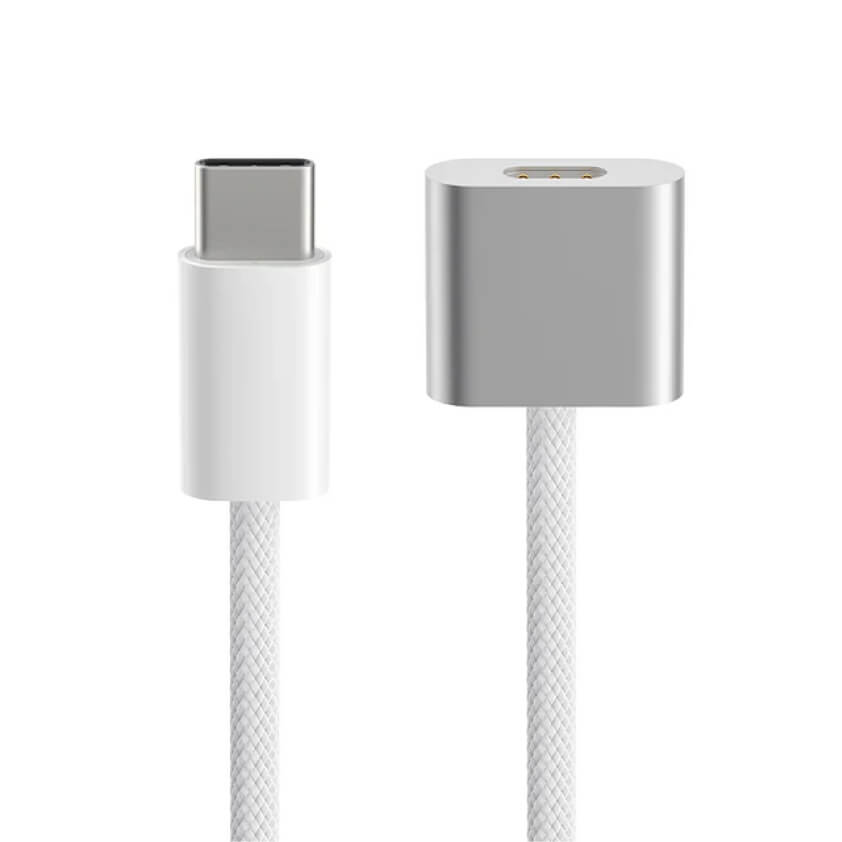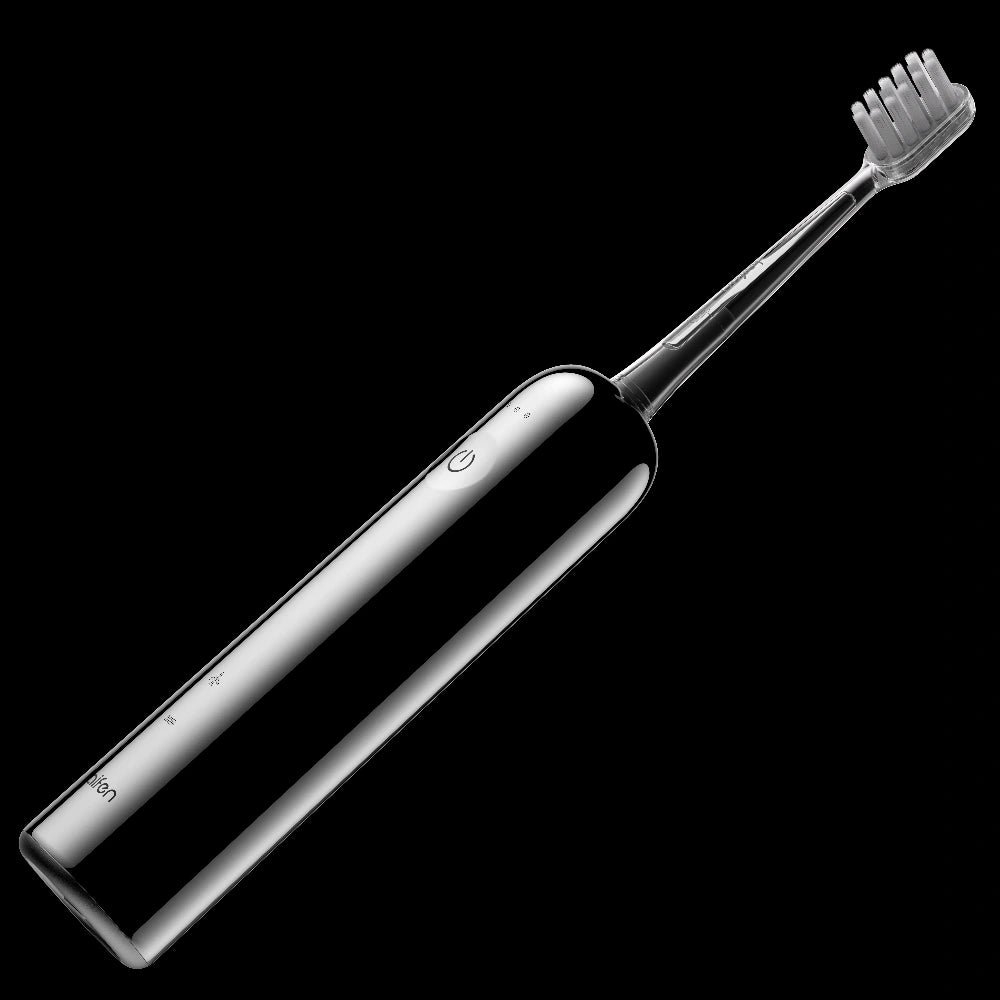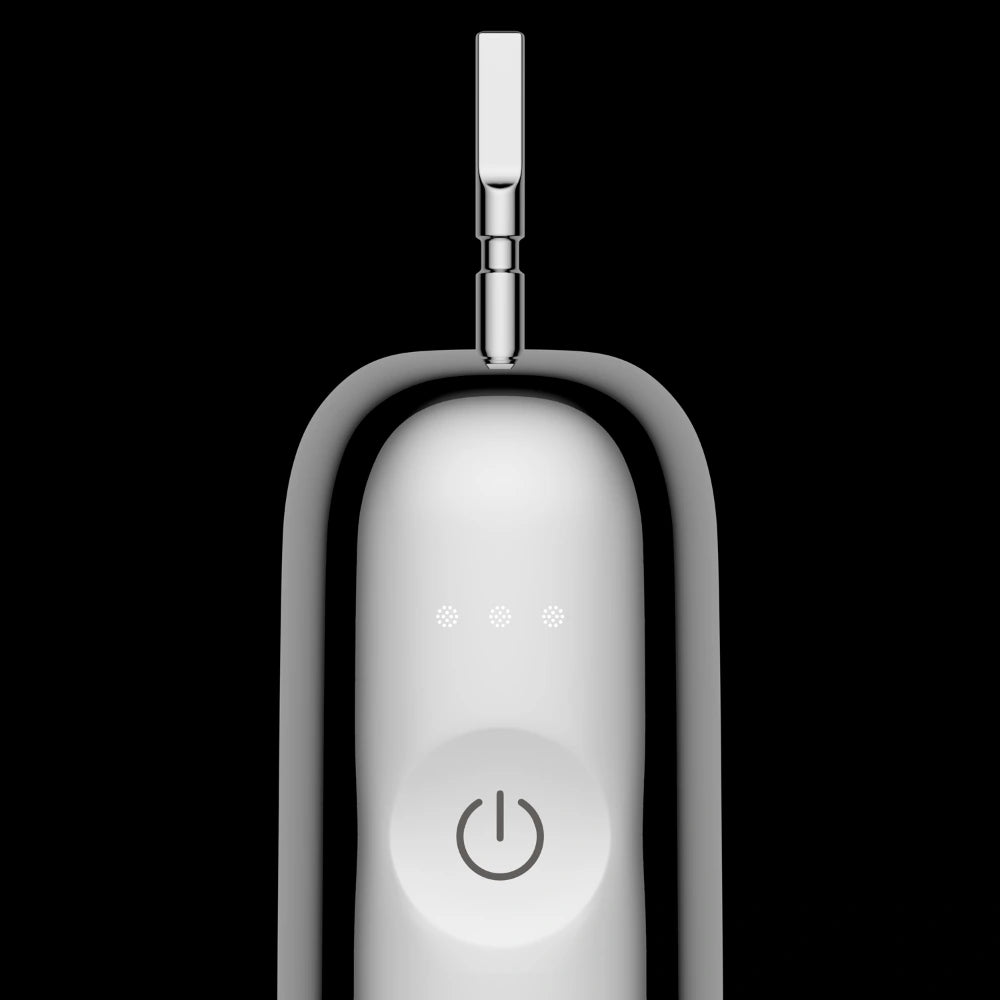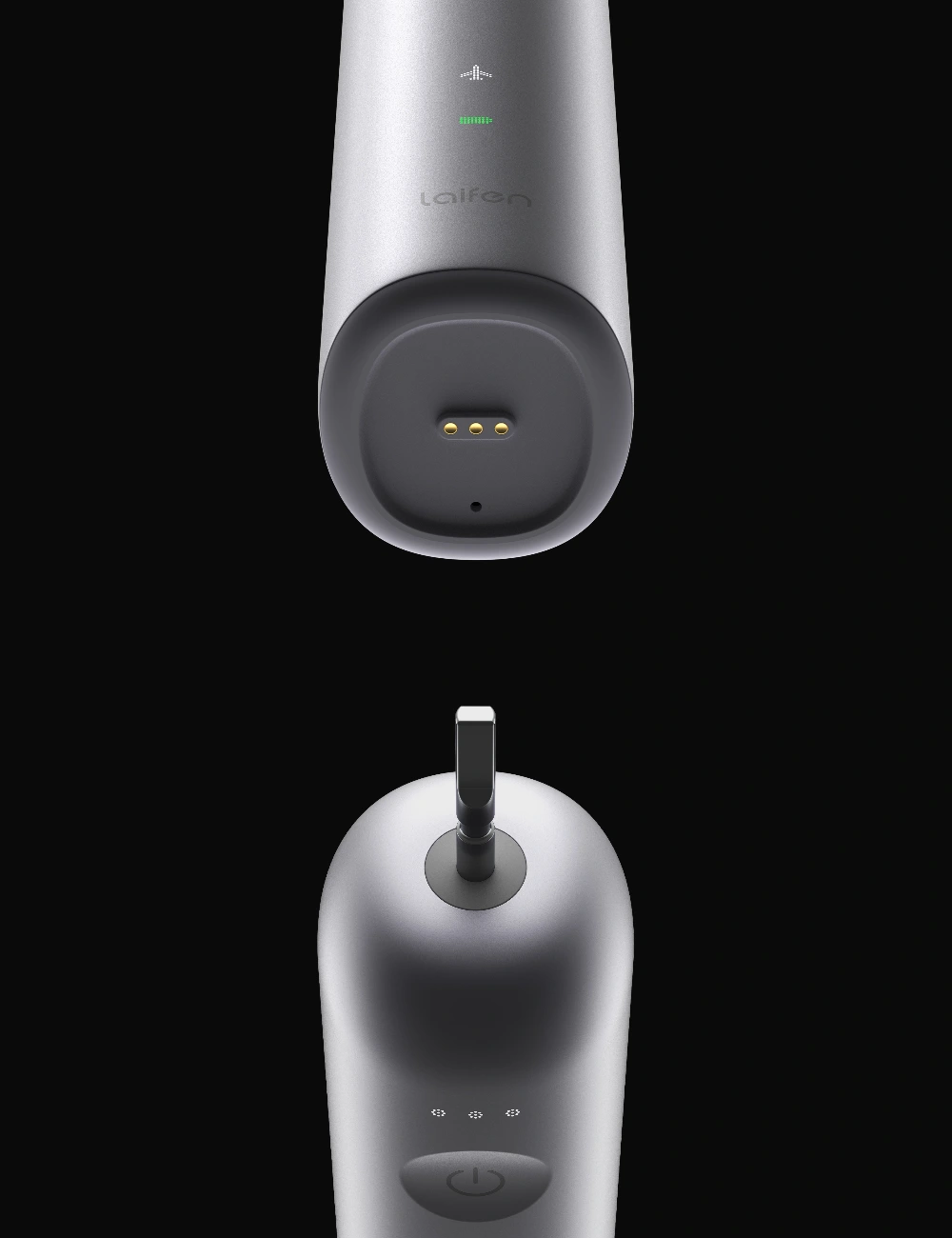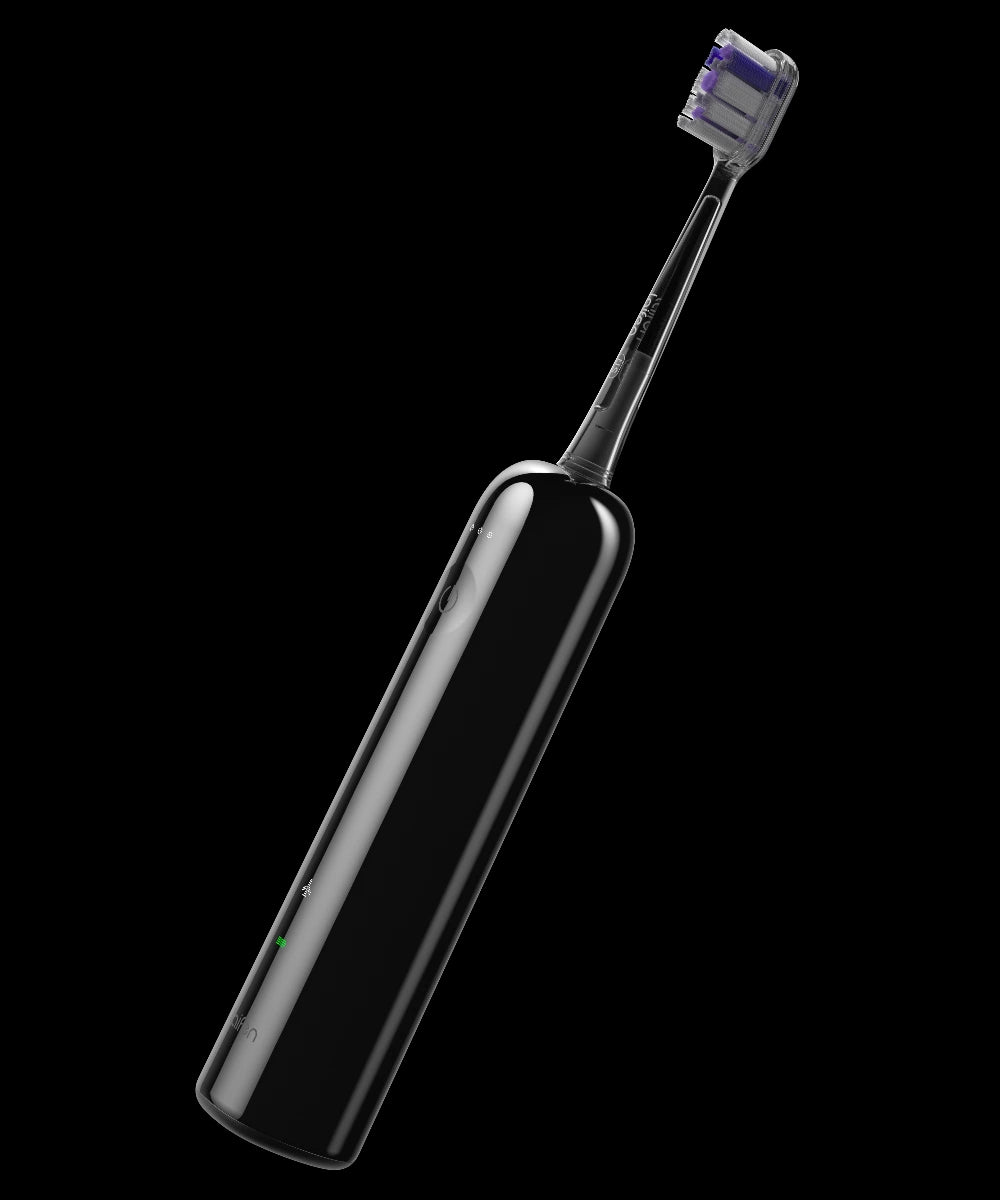
In this article
Why toothaches strike? They can happen due to stuff like cavities, gum disease, or even something as simple as food stuck between your teeth. But those are not all.
These pains can be a real hassle, but don't worry, I've got your back! In the next bit, I'll share some cool solutions to help you beat toothache blues. We're exciting to share with you ways to ease the ache and get you back to flashing those pearly whites in no time! Get some toothache relief tips coming your way!
Tooth decay (Cavities)
Imagine that tiny bacteria lurking in your mouth feast on sugary treats and produces acids that gradually eat away at your tooth enamel, creating cavities.
These pesky cavities can lead to throbbing pain and sensitivity, especially when they penetrate deeper layers and reach the sensitive nerves inside your tooth.
Gum disease (Gingivitis or Periodontitis)
Imagine your gums as the guardians of your teeth, protecting them from harm.
But when harmful bacteria invade, they cause inflammation and infection and thus make gum disease.
You might notice red, swollen gums that bleed easily – classic signs of gingivitis. If left untreated, gingivitis can progress to periodontitis, where the gums pull away from the teeth, forming pockets of infection.
Dental abscess
Think of a dental abscess as a tiny battlefield inside your tooth, where bacteria wage war, causing intense pain and swelling.
These pus-filled pockets can form due to untreated tooth decay, gum disease, or trauma, wreaking havoc on your oral health.
Tooth fracture or cracks
Tooth fractures or cracks can occur from biting down on hard objects or sustaining a blow to the face. These tiny fissures can expose the sensitive inner layers of your tooth and cause sharp, intermittent pain, especially when chewing.
Dental trauma
Suddenly, a ball strikes your face, and you feel a sharp pain in your tooth. Dental trauma, whether from sports injuries or accidents, can result in chipped, cracked, or even knocked-out teeth.
This trauma can damage the tooth pulp, causing persistent pain, sensitivity, or even infection.
Impacted wisdom teeth
Now your wisdom teeth is late arrivals to the party and struggles to find their place in your mouth.
When these wisdom teeth become impacted, trapped beneath your gums or jawbone, they can cause a whole lot of trouble.
You might experience pain, swelling, or even infections as these teeth try to push their way through.
Home remedies for toothache
|
Home remedy |
Type |
Guide |
Benefits |
|
Saltwater rinse |
Instant |
Mix 1 teaspoon of salt in warm water, swish around mouth |
Reduces inflammation, kills bacteria, and cleanses the area |
|
Cloves or clove oil |
Temporary |
Apply a small amount of clove oil to the tooth or chew on a whole clove |
Numbs the area due to its natural anesthetic properties and has antiseptic effects |
|
Cold compress |
Instant |
Wrap ice cubes in a towel and apply to the outside of the cheek near the painful tooth |
Numbs the area and reduces swelling |
|
Peppermint tea |
Temporary |
Steep a peppermint tea bag in hot water, then allow it to cool before swishing it around in the mouth |
Provides a cooling sensation and has mild analgesic properties |
|
Garlic |
Natural |
Crush a garlic clove to release its juices, then apply directly to the affected tooth |
Contains allicin, which has antibacterial properties and may help reduce pain |
|
Warm saltwater gargle |
Instant |
Mix 1 teaspoon of salt in warm water, then gargle for about 30s before spitting out |
Helps to reduce inflammation, kill bacteria, and soothe discomfort |
|
Hydrogen peroxide rinse |
Instant |
Dilute hydrogen peroxide with water and swish it around the mouth for about 30 seconds before spitting out |
Helps to kill bacteria and reduce inflammation in the affected area |
|
Turmeric paste |
Natural |
Mix turmeric powder with a small amount of water to form a paste, then apply to the affected tooth |
Turmeric has anti-inflammatory and antimicrobial properties that may help alleviate pain |
|
Apple cider vinegar |
Natural |
Dilute apple cider vinegar with water and swish it around the mouth for about 30 seconds before spitting out |
Has antibacterial properties and may help reduce inflammation and pain |
|
Tea tree oil |
Natural |
Dilute tea tree oil with water and apply a small amount directly to the affected tooth |
Contains antimicrobial properties and may help reduce pain and inflammation |
FAQ
Q1: What causes a sudden toothache?
Sudden toothaches can be caused by various factors such as tooth decay reaching the nerve, dental abscess, cracked tooth, or gum disease. Other triggers may include trauma to the tooth, sudden temperature changes, or sinus infections affecting nearby teeth.
Q2: What causes a toothache under a crown?
A toothache under a crown may be due to decay or infection beneath the crown, gum recession exposing the tooth root, a loose or ill-fitting crown causing pressure on the tooth, or nerve irritation during the crown placement process.
Q3: What causes a toothache only at night?
Toothaches that occur only at night can be caused by factors such as teeth grinding or clenching (bruxism), sinus infections exacerbating tooth pain when lying down, or increased blood flow to the head when in a horizontal position, intensifying dental sensitivity. And sometimes, the toothache my cause headache.
Q4: What causes a toothache without a cavity?
Toothaches without cavities can be caused by issues like tooth fractures, cracked fillings, gum recession exposing sensitive tooth roots, teeth grinding (bruxism), sinus infections, or temporomandibular joint (TMJ) disorders.
Q5: What causes a throbbing toothache?
A throbbing toothache often indicates an underlying issue such as an abscessed tooth, where bacteria infect the tooth pulp, causing pressure and inflammation. Other causes may include dental trauma, gum disease, sinus infections, or impacted wisdom teeth.













